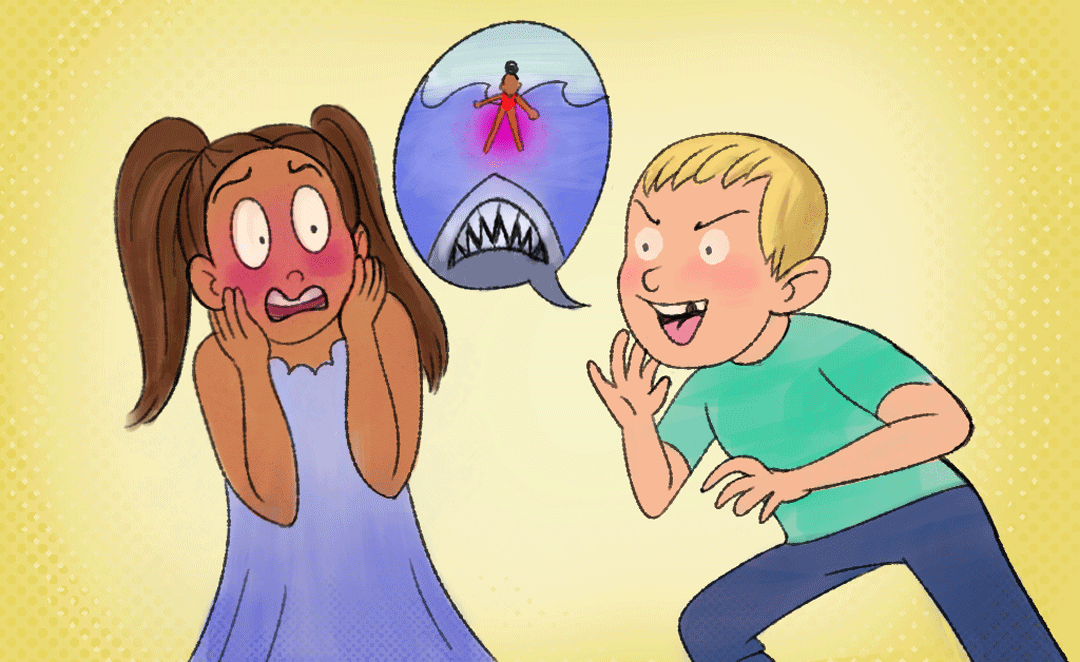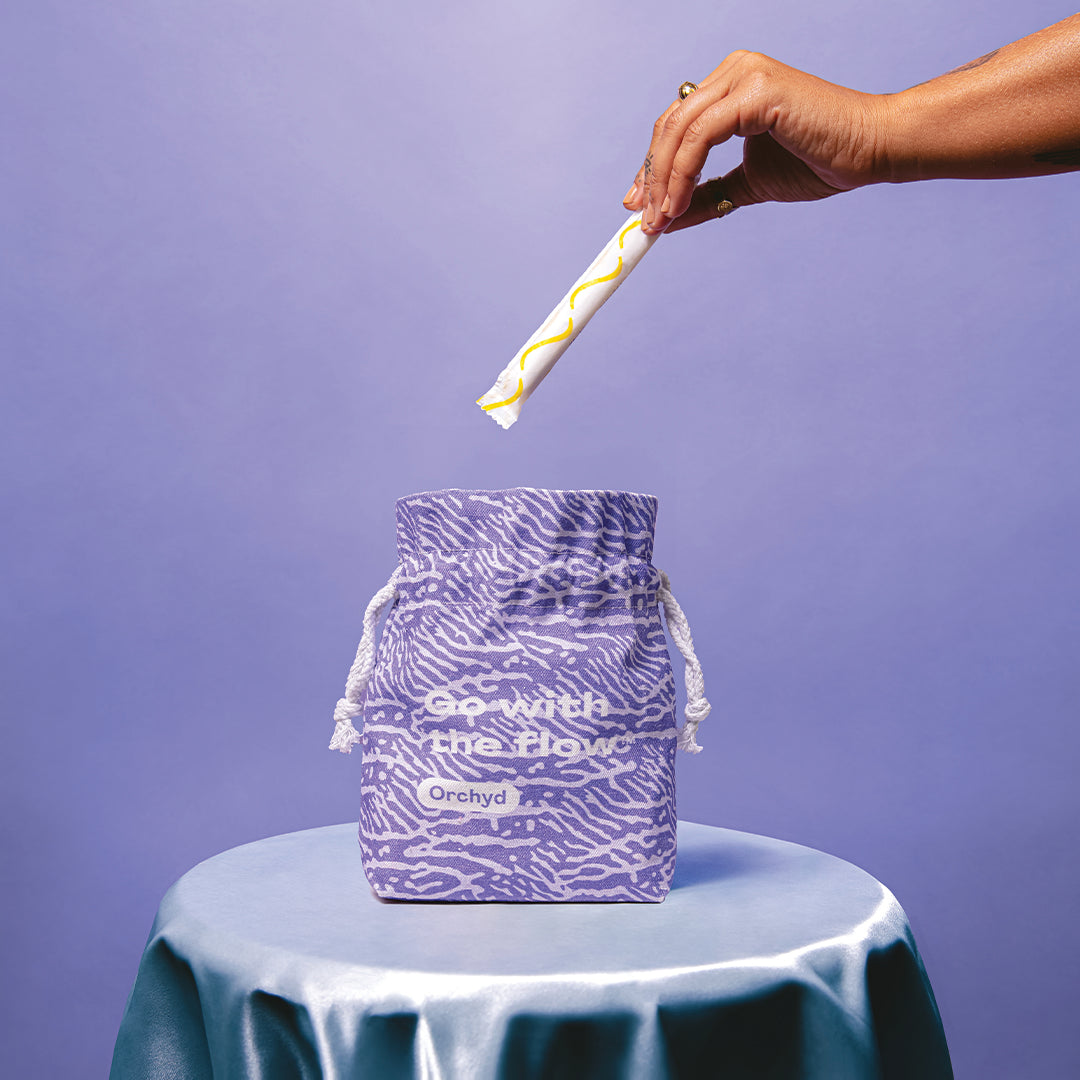
Myth Busting & Menstruation
Share
 Growing up, we hear all sorts of urban legends and myths–ranging from silly, harmless things like the Tooth Fairy to stories about gum staying in the system for seven years or watermelon seeds turning into watermelons in our stomachs. While these myths and legends may be harmless, there are certainly ones that, while they aren’t physically damaging, can do a lot to perpetuate social stigmas and individual fears.
Growing up, we hear all sorts of urban legends and myths–ranging from silly, harmless things like the Tooth Fairy to stories about gum staying in the system for seven years or watermelon seeds turning into watermelons in our stomachs. While these myths and legends may be harmless, there are certainly ones that, while they aren’t physically damaging, can do a lot to perpetuate social stigmas and individual fears.
If you’re someone who menstruates, you have undoubtedly heard all sorts of things that grind your gears and highlight how difficult it is for some people to differentiate between fact and fiction. So what are these menstruation myths, and how exactly do they spread? Is there a kernel of truth to any of them, or are they simply made up? Let’s get into it.
Tampons Affect Virginity
Not only is this one straight-up untrue, but it is also sexist. The myth that tampons affect virginity has been spread far and wide by those who believe the hymen is the mark of virginity. This belief is especially common among religious people, where virginity is tied deeply to value and self-worth.
Following this line of thinking, if the hymen is related to virginity, using a tampon could tamper with the hymen, removing perceived virginity. So, menstruators should abstain from using tampons. Tampons need to be inserted, and for some individuals, this act of “penetration” is equal to losing your virginity through sexual intercourse. Unfortunately, this thinking is quite reductive and heternormative.
The hymen is just a piece of tissue unique to each individual in size and shape when it comes down to it. And, the fact is, you cannot determine virginity through the status of the hymen. Tampons are just another period product, and if they make your flow easier to manage, you should use them! Your virginity will not be affected.
Shark Attack Risk
If you’ve ever been to the beach while on your period, you may have heard the rumor that your menstrual blood could attract sharks. Well, there are actually no reported cases of shark attacks related to menstruation. Additionally, while it doesn’t completely stop while in water, the flow of your period does slow down due to the lack of gravitational pull. But, most people wear tampons or a menstrual cup while swimming, so they don’t have to worry about leakage. This myth is spread by people who don’t know much about menstruation.
This myth-busting also applies to hiking. Many people believe you shouldn’t go into the woods during your period because the scent will attract bears. There is no evidence to prove this hypothesis. Bear Management Biologist, Kerry A. Gunther, conducted a study to learn more about bears and menstrual blood. He concluded that there is no statistical evidence showing a correlation between bear attacks and menstruation. Although, he did include a list of recommended precautions.
So, while these creatures do have powerful noses, you don’t need to stall any beach or mountain vacations because you’re worried about being attacked by predators; as long as you keep yourself safe while swimming and hiking, you’ll be just fine.
You Can’t Get Pregnant On Your Period
This is a widespread myth! Stopping or disregarding the use of contraceptives because you’re on your period isn’t a good idea because sperm can stay in the body for about five days. So, due to this fact, during your menstrual cycle, when you have your period, you aren’t protected against pregnancy. Additionally, ovulation can overlap with your period if your cycle is irregular, so it is important to keep an eye on the phases of your cycle before having unprotected sex.
All this doesn’t mean you shouldn’t have sex on your period, though. Period sex can be fun, and it can even help with cramps as it raises endorphins to help with the pain. As long as you’re being safe, you’ll be perfectly fine. Just don’t let anyone tell you your period is the best preventative of all.
If anyone tries to convince you otherwise of any of these myths or more, just remember what you read today and that you know your body best.

